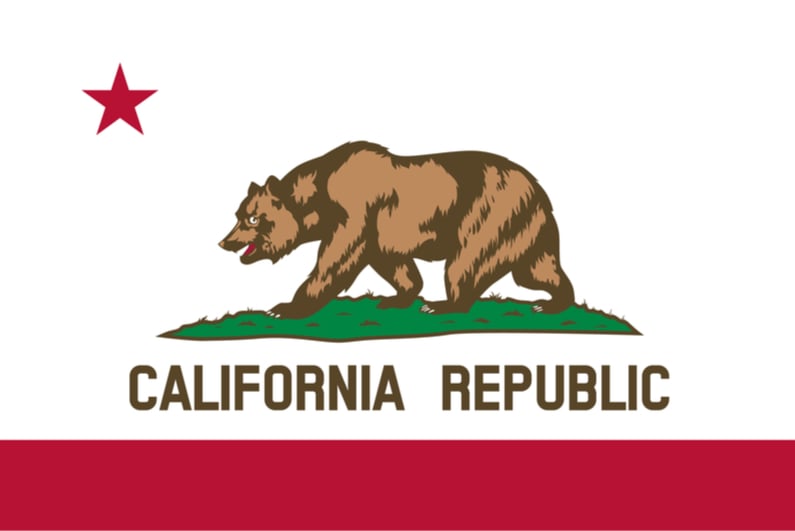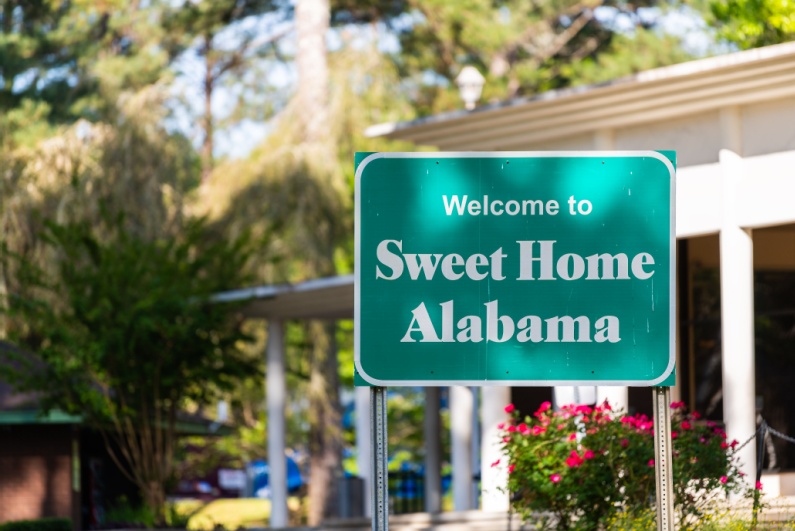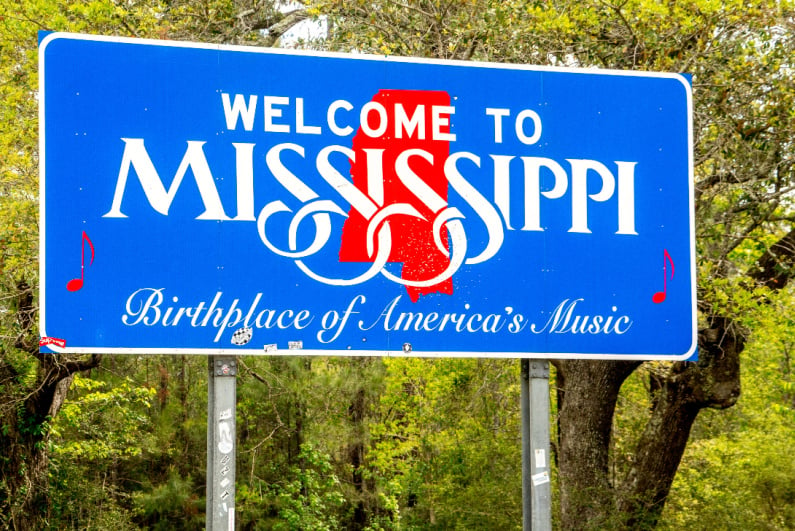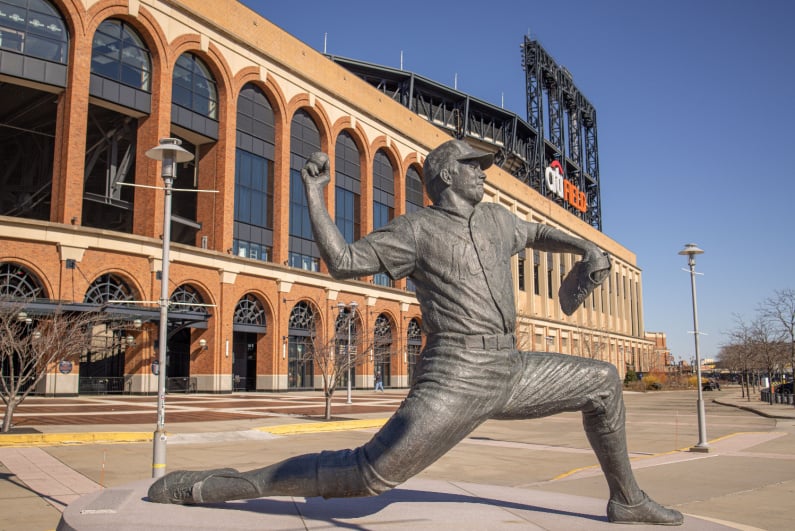While sports betting in California is at least another couple of years away, there have been some positive moves recently. For example, the attorney general’s office in the state has approved a referendum on an amendment to the state constitution that would allow the legalization of sports betting.
History of gambling in California
As soon as the Supreme Court decided to allow the legalization of sports betting across the United States, each state has had to consider the possibility. While Delaware, New Jersey, and Pennsylvania have passed legalization measures, other states have not made much progress.
California is one of the states where it was unclear whether it would even consider sports betting legalization. While some forms of gambling are allowed in the state, they are somewhat limited.
The state has Indian casinos, the state lottery, cardrooms, charitable gaming, horse racing, and pari-mutuel wagering. Sports betting is not allowed.
Cardrooms have always been popular with the state’s gamblers, but their numbers have been slowly decreasing since a block on new cardrooms was introduced in 1998. Poker has always been legal in the state and has been a popular choice through the years.
Charitable organizations can hold their own poker nights, raffles, and bingo games. Poker nights have been allowed only since 2007, while raffles were approved in 2000 and bingo in 1976.
Betting on horse races has been allowed since 1933. Most of the meetings take place at five tracks. The California Horse Racing Board regulates the betting side.
The state has 69 casinos operated by 62 Native American tribes. Among them are 50 regular casinos, 16 casino resorts, and 3 mini-casinos.
Push for sports betting
Various parties have been pushing for the legalization of sports betting in the state ever since the Supreme Court decision. A group called Californians for Sports Betting has submitted paperwork to the office of the attorney general to put a constitutional amendment on the ballot that would allow legalization of sports betting.
If successful, the question would be on the ballot for the 2020 election.
The attorney general’s office has approved the description and title of the proposed amendment. The next step for the pro-legalization movement is to receive 585,407 signatures of registered voters to will allow the referendum to go ahead. They have until February 2019 to reach their allocated number of signatures.
It will not be a straightforward public vote to decide on legalization. If a majority of voters approve, both houses of the legislature have to approve it by a supermajority.
Since California is such a large state, the effect of legalization could be huge, but there will also be those with vested interests who will not go along with legalization. Therefore, a lot of political maneuvering will be required to get this measure over the line.
There will inevitably be resistance from the Indian tribes, who want to protect their casino interests.
If sports betting were allowed, a lot of their current business might be diverted. These casinos contribute hundreds of millions in taxes annually, so politicians will not want to jeopardize this revenue if they can avoid it.
The chairman of the Californian Nations Indian Gaming Association, Steve Stallings, has already spoken about their hesitation about having sports betting legalized, saying: “Expansion of gaming is a slippery slope.”
They might also feel that, if sports betting is allowed, there is nothing to stop non-tribal casinos being allowed in the future, which would have a massive impact on the amount of revenue they garner annually.
The tribes have dug their feet into the ground before when it came to legislative issues with cardrooms, and it is likely they will do the same when it comes to this proposed amendment.
Whatever happens, the pro-legalization group will have to obtain the required number of signatures if they are to proceed.



